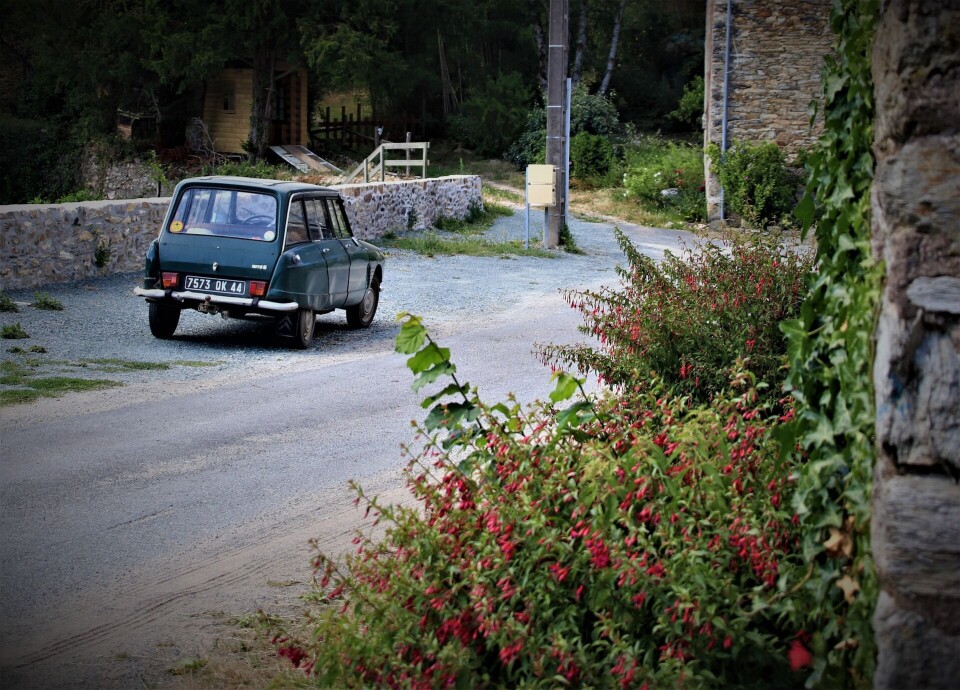-
Cheaper car fuel as French supermarkets launch two-day promotion
Cost-price fuel may also entice buyers into the supermarket
-
Map: French motorways and major roads to avoid as families head to slopes
Red traffic warnings are in place for Friday December 19
-
Are French speed limits lower when it is raining? How severe must weather be?
Several weather conditions affect maximum speeds in France
More information now available on second-hand cars in France
Buyers of used cars in France can now visit the government’s HistoVec service to see official details of a vehicle’s history and its contrôles techniques

Buyers of second-hand cars can now see official details of a vehicle’s history and its contrôles techniques.
The government’s HistoVec service allows the car’s seller to request a report.
Owners give their name, the number plate of the car and the date of the certificate of matriculation to generate the report.
They can then share a computer link to the report with potential buyers. The information includes all the details on the carte grise of the vehicle.
There is additional information such as the number of owners the car has had, and the number of outstanding fines related to the vehicle.
It also reveals if it has ever been signalled to insurance companies as being damaged.
Read more: A guide to driving in France
Details of any financial holds on the car (if it is still being used as collateral for a bank loan, for example) and what Crit’Air level it will hold are also given.
A spokesman for the road safety department of the Interior Ministry told The Connexion: “The owner and buyer are able to see the history of the vehicle on the government site, with the record of the kilometrage from the contrôles techniques, and records of any major repairs plus its financial status.”
When second-hand cars older than four years are sold, the seller has to provide a contrôle technique carried out no longer than six months before the sale.
The spokesman said of the site: “It is a reassurance for the buyer and gives the seller the chance to be open about the vehicle’s history.
“It is not always easy to share details from the carte grise when you are buying a car and this is an easy way to do it.”
Only cars registered in France can be checked on the site.
It is hoped the site will reduce the number of frauds which occasionally happen around car sales.
“Obviously, it is a voluntary system but if a seller refuses to get a HistoVec report, you will have to ask why and if it is worth going ahead with the purchase,” he said.
Related stories
Why cost of car repairs in France could plummet next year
Motorway tolls should be lower in France if major roadworks, says MP
























